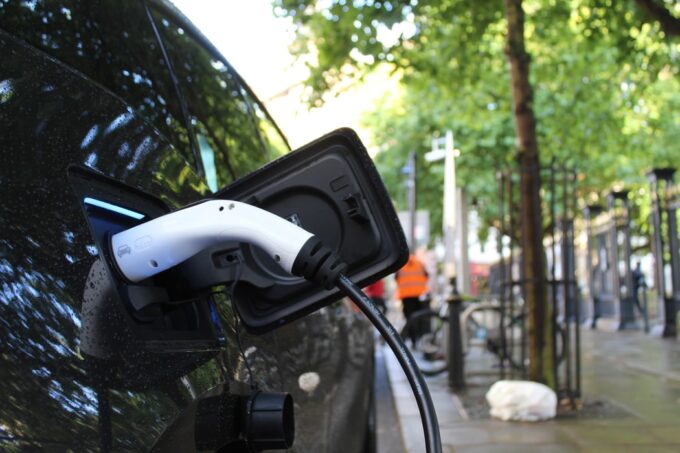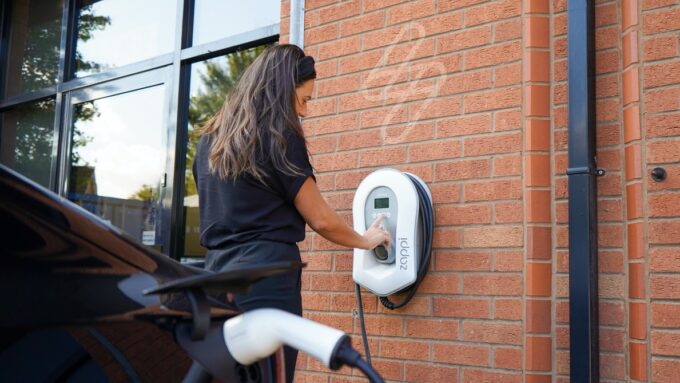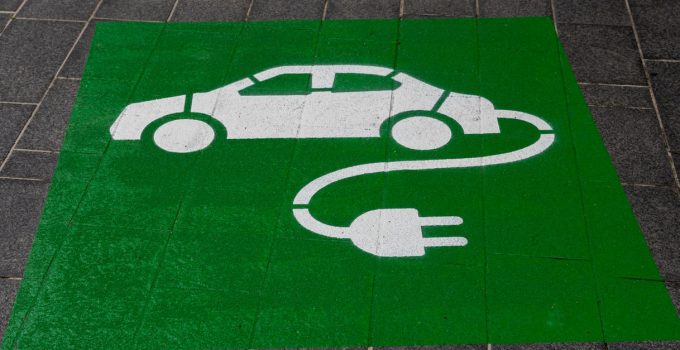There are a few common questions that come to everyone’s mind when they hear about electric cars. How environmentally friendly are they? Are they better than the cars that run on diesel or petrol? Or the whole thing is just vague. Let us go through this article to find out more about electric cars. If you are looking to buy a car for yourself, consider a variety of options available at this site.
Electric vehicles are vehicles that do not emit harmful gases; that being said, they are green and clean. However, a major question that stands unanswered is, “How green are they?” A car adds more to the environment, rather than just the emissions. Completely electric cars, no doubt, do not have any CO2 emissions when they are driven on the road, but what about the emissions when they are being made?
Also, the lithium-ion batteries on which they run, what about them? We should not forget the amount of energy it needs to get recharged and run again, from where does the electricity come.

img source: unsplash.com
A Few Facts About Using Ev Vehicles And Their Influence On The Atmosphere
No vehicle is beneficial for the environment unless it can plant trees or, instead of emitting CO2 to the environment, absorbs it from the atmosphere. However, inevitably the damage done by electric cars to the environment is less than the traditional ones.
How Safe Are Electric Cars?
These cars don’t have any tailpipe fumes, which merely means that they will not emit particulates that are harmful to human health. For instance, Nitrogen Oxides, Sulfur Dioxide is not emitted.
Electric cars don’t require diesel or petrol to be driven on the road. Instead, they require chargeable batteries. It also means that they will not emit carbon dioxide to the environment.
Electric vehicles produce only a quiet humming sound, which further reduces the noise pollution created by traditional vehicles.
How are Electric Vehicles Produced? Is The Process Environment Friendly?
The manufacturing process of electric cars is similar to that of traditional vehicles. It needs the refining, mining, and transportation of similar raw materials during the process of assembly and production. No doubt, electric vehicles do not have an engine. Instead, they run on lithium-ion batteries. One of the biggest problems lies in the fact that they are run on batteries.
The manufacturing process of lithium batteries causes pollution that is more than a third of the lifecycle carbon emissions of an electric car. Moreover, emissions are caused by the production process of electric cars. That said, electric cars produce greater emissions than traditional ones. However, the emissions are then balanced by the use of electric cars in the long run.

img source: unsplash.com
Treatment Of Car Batteries When They Become Inefficient In Powering A Car
Electric Cars run on lithium-ion batteries that are much bigger and more powerful than the usual batteries used in smartphones. The batteries produced for the car powers the vehicle for long 15-20 years. Although the production process of batteries emits a considerable amount of CO2, zero-emission is caused during their lifetime in an electric car.
What happens to the batteries when their strength is exhausted? The landfill is the last destination where they land after getting retired. It becomes a waste of the hazardous materials that were used in its production, and when it ends up in landfills, the soil gets contaminated. However, the two greener options for lithium batteries are to either recycle them or reuse them.
Where Does Power To Charge Vehicles Come From?
EV cars are considered green only when green electricity is used to power the vehicle. If fossil fuels are used for the production of electricity, and then that energy is used to charge electric vehicles and its carbon footprint is not good.
EV car owners should use renewable energy to power their vehicles, as a standard practice. Smart charging is believed to make the atmosphere and, ultimately, the vehicle greener.
Advantages and Disadvantages of EV Vehicles
Now that we know, electric vehicles are somewhat eco-friendly when powered adequately and using the correct power source to charge the vehicles. We breakdown the advantages and disadvantages of such vehicles to know if they are efficient.

img source: unsplash.com
Advantages:
- No doubt, EVs are environment friendly, and they don’t emit harmful gasses to the atmosphere when driven. Irrespective of the emissions produced during the manufacturing process, they are safe for the environment in the long run.
- Less amount of energy is used by the EVs when operated.
- Usage of renewable sources means that the vehicles stay greener for a long time.
- Your vehicle is handled easily by the energy grid.
- The performance of such vehicles and also the batteries used are only getting better with advancement in technology.
Disadvantages:
- The present infrastructure of electric vehicles needs a revamp, and some massive changes are required. Also, the charging stations are to be more advanced as well.
- The demand for such vehicles is relatively lower, and several available models are more expensive than their counterparts.
In reality, manufacturing an EV requires more energy than the other conventional models available in the market. This is because the production of such vehicles is still less than other cars. Although, such cars are not the perfect solution for all our environmental concerns.
EVs are a cleaner alternative and one of the most sustainable modes of transportation. So, they are one of the most cost-effective ways to reduce diesel and petrol expenses incurred on conventional vehicles. They serve as one of the greener ways, and the production of the exhaust is eliminated. The greenhouse gas emissions are reduced considerably, which enables individuals and businesses to stay compliant with the greenhouse guidelines.

img source: unsplash.com
Conclusion
No doubt, EVs are a better option than their non electrical counterparts. Also, such vehicles are no-regret choices, as no harmful gasses are released during their production. The higher emissions that are produced during the manufacturing of electric vehicles are often paid-off in just a time of 2 years.







